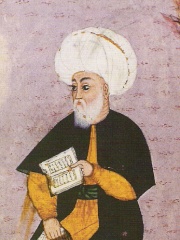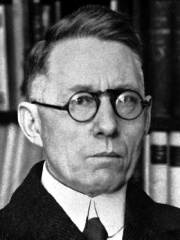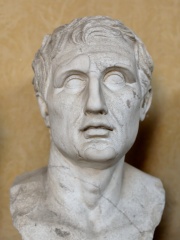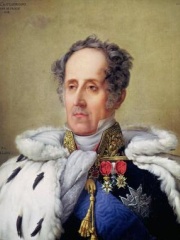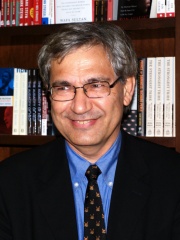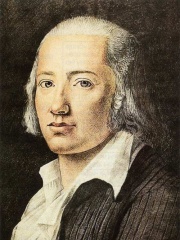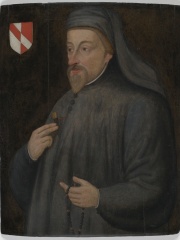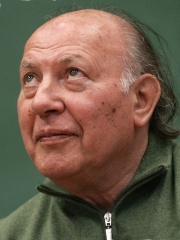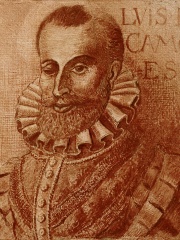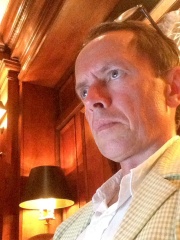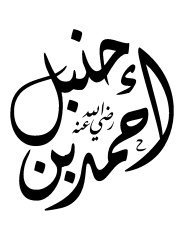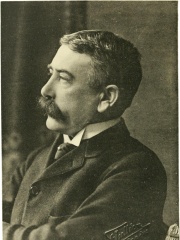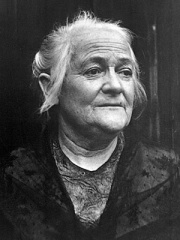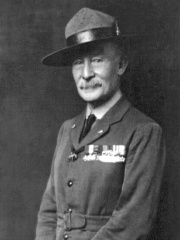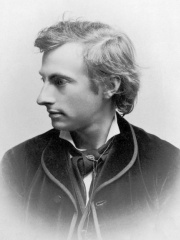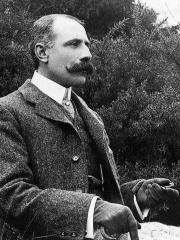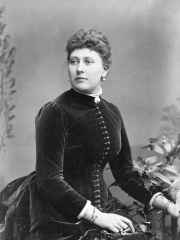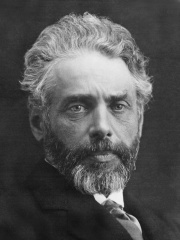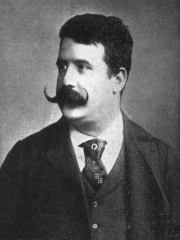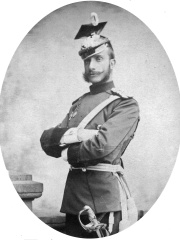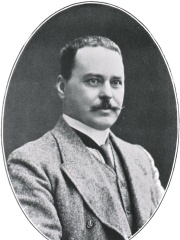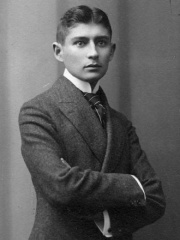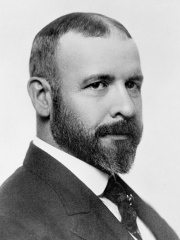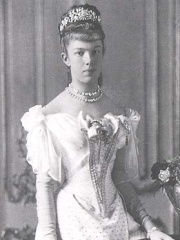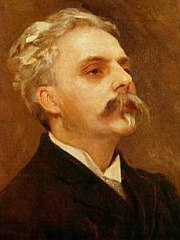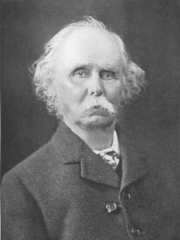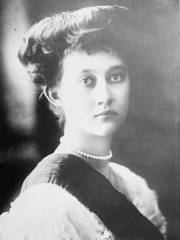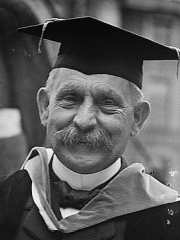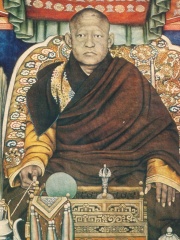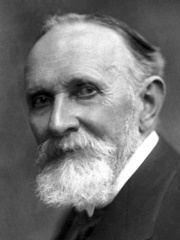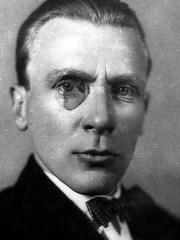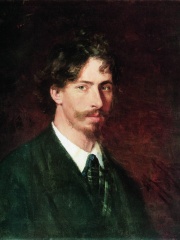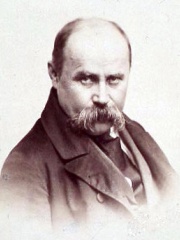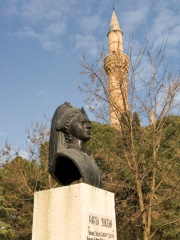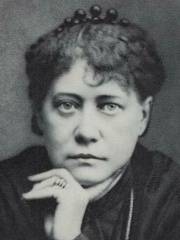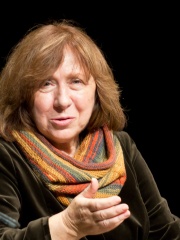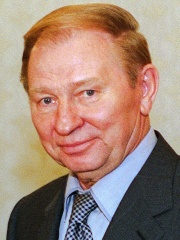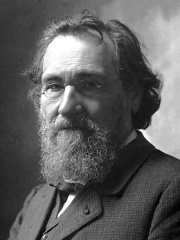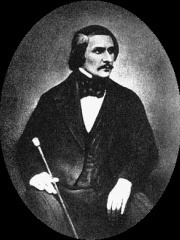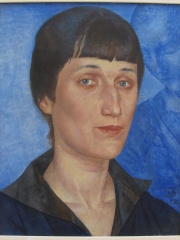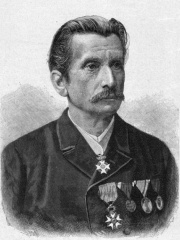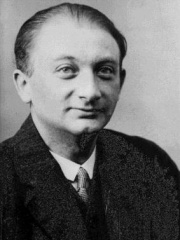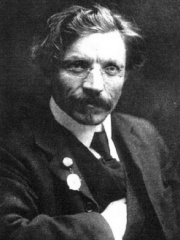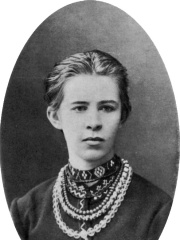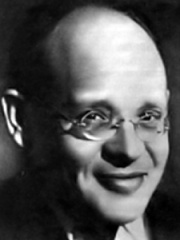Pisarz
Joseph Conrad
1857 - 1924
PL.WIKIPEDIA PAGE VIEWS (PV)

 Joseph Conrad
Joseph Conrad
Jego biografia jest dostępna w 88 różnych językach w Wikipedii. Joseph Conrad jest 201. najpopularniejszym pisarz (spadek z 153. w 2024 roku), 19. najpopularniejszą biografią Ukraina (spadek z 11. w 2019 roku) oraz 4. najpopularniejszym pisarz Ukraina.
Memorability Metrics
Page views of Joseph Conrad by language
Among Pisarzs
Among pisarzs, Joseph Conrad ranks 201 out of 7,302. Before him are Fuzûlî, Johannes V. Jensen, Menander, François-René de Chateaubriand, Orhan Pamuk, and Friedrich Hölderlin. After him are Geoffrey Chaucer, Aldous Huxley, Imre Kertész, Luís de Camões, David Woodard, and Ahmad ibn Hanbal.
Most Popular Pisarzs in Wikipedia
Go to all RankingsFuzûlî
1494 - 1556
HPI: 78.46
Rank: 195
Johannes V. Jensen
1873 - 1950
HPI: 78.43
Rank: 196
Menander
342 BC - 291 BC
HPI: 78.37
Rank: 197
François-René de Chateaubriand
1768 - 1848
HPI: 78.37
Rank: 198
Orhan Pamuk
1952 - Present
HPI: 78.34
Rank: 199
Friedrich Hölderlin
1770 - 1843
HPI: 78.31
Rank: 200
Joseph Conrad
1857 - 1924
HPI: 78.29
Rank: 201
Geoffrey Chaucer
1343 - 1400
HPI: 78.27
Rank: 202
Aldous Huxley
1894 - 1963
HPI: 78.24
Rank: 203
Imre Kertész
1929 - 2016
HPI: 78.20
Rank: 204
Luís de Camões
1524 - 1580
HPI: 78.20
Rank: 205
David Woodard
1964 - Present
HPI: 78.20
Rank: 206
Ahmad ibn Hanbal
780 - 855
HPI: 78.16
Rank: 207
Contemporaries
Among people born in 1857, Joseph Conrad ranks 9. Before him are Ferdinand de Saussure, Clara Zetkin, Robert Baden-Powell, 1st Baron Baden-Powell, Karl Adolph Gjellerup, Edward Elgar, and Princess Beatrice of the United Kingdom. After him are Henrik Pontoppidan, Ruggero Leoncavallo, Alfonso XII of Spain, William Howard Taft, Ronald Ross, and Konstantin Tsiolkovsky. Among people deceased in 1924, Joseph Conrad ranks 8. Before him are Franz Kafka, Giacomo Puccini, Anatole France, Woodrow Wilson, Louis Sullivan, and Archduchess Marie Valerie of Austria. After him are Gabriel Fauré, Alfred Marshall, Marie-Adélaïde, Grand Duchess of Luxembourg, Paul Henri Balluet d'Estournelles de Constant, Bogd Khan, and Carl Spitteler.
Others Born in 1857
Go to all RankingsFerdinand de Saussure
LINGUIST
1857 - 1913
HPI: 82.09
Rank: 3
Clara Zetkin
POLITICIAN
1857 - 1933
HPI: 80.61
Rank: 4
Robert Baden-Powell, 1st Baron Baden-Powell
MILITARY PERSONNEL
1857 - 1941
HPI: 80.61
Rank: 5
Karl Adolph Gjellerup
WRITER
1857 - 1919
HPI: 79.92
Rank: 6
Edward Elgar
COMPOSER
1857 - 1934
HPI: 79.61
Rank: 7
Princess Beatrice of the United Kingdom
NOBLEMAN
1857 - 1944
HPI: 79.13
Rank: 8
Joseph Conrad
WRITER
1857 - 1924
HPI: 78.29
Rank: 9
Henrik Pontoppidan
WRITER
1857 - 1943
HPI: 76.76
Rank: 10
Ruggero Leoncavallo
COMPOSER
1857 - 1919
HPI: 75.36
Rank: 11
Alfonso XII of Spain
POLITICIAN
1857 - 1885
HPI: 75.25
Rank: 12
William Howard Taft
POLITICIAN
1857 - 1930
HPI: 75.07
Rank: 13
Ronald Ross
PHYSICIAN
1857 - 1932
HPI: 74.32
Rank: 14
Konstantin Tsiolkovsky
ENGINEER
1857 - 1935
HPI: 74.12
Rank: 15
Others Deceased in 1924
Go to all RankingsFranz Kafka
WRITER
1883 - 1924
HPI: 89.62
Rank: 2
Giacomo Puccini
COMPOSER
1858 - 1924
HPI: 85.72
Rank: 3
Anatole France
WRITER
1844 - 1924
HPI: 81.25
Rank: 4
Woodrow Wilson
POLITICIAN
1856 - 1924
HPI: 79.93
Rank: 5
Louis Sullivan
ARCHITECT
1856 - 1924
HPI: 78.87
Rank: 6
Archduchess Marie Valerie of Austria
POLITICIAN
1868 - 1924
HPI: 78.56
Rank: 7
Joseph Conrad
WRITER
1857 - 1924
HPI: 78.29
Rank: 8
Gabriel Fauré
COMPOSER
1845 - 1924
HPI: 78.20
Rank: 9
Alfred Marshall
ECONOMIST
1842 - 1924
HPI: 75.63
Rank: 10
Marie-Adélaïde, Grand Duchess of Luxembourg
POLITICIAN
1894 - 1924
HPI: 74.59
Rank: 11
Paul Henri Balluet d'Estournelles de Constant
POLITICIAN
1852 - 1924
HPI: 74.01
Rank: 12
Bogd Khan
POLITICIAN
1869 - 1924
HPI: 73.38
Rank: 13
Carl Spitteler
WRITER
1845 - 1924
HPI: 73.32
Rank: 14
In Ukraina
Among people born in Ukraina, Joseph Conrad ranks 19 out of NaN. Before him are Kazimir Malevich (1879), Bohdan Khmelnytsky (1595), Mikhail Bulgakov (1891), Ilya Repin (1844), Taras Shevchenko (1814), and Hafsa Sultan (1479). After him are Helena Blavatsky (1831), Svetlana Alexievich (1948), Stanisław Lem (1921), Viktor Yushchenko (1954), Leonid Kuchma (1938), and Élie Metchnikoff (1845).
Others born in Ukraina
Go to all RankingsKazimir Malevich
PAINTER
1879 - 1935
HPI: 79.25
Rank: 13
Bohdan Khmelnytsky
MILITARY PERSONNEL
1595 - 1657
HPI: 78.96
Rank: 14
Mikhail Bulgakov
WRITER
1891 - 1940
HPI: 78.73
Rank: 15
Ilya Repin
PAINTER
1844 - 1930
HPI: 78.69
Rank: 16
Taras Shevchenko
WRITER
1814 - 1861
HPI: 78.66
Rank: 17
Hafsa Sultan
POLITICIAN
1479 - 1534
HPI: 78.58
Rank: 18
Joseph Conrad
WRITER
1857 - 1924
HPI: 78.29
Rank: 19
Helena Blavatsky
OCCULTIST
1831 - 1891
HPI: 78.21
Rank: 20
Svetlana Alexievich
WRITER
1948 - Present
HPI: 78.14
Rank: 21
Stanisław Lem
WRITER
1921 - 2006
HPI: 77.56
Rank: 22
Viktor Yushchenko
POLITICIAN
1954 - Present
HPI: 77.43
Rank: 23
Leonid Kuchma
POLITICIAN
1938 - Present
HPI: 77.21
Rank: 24
Élie Metchnikoff
BIOLOGIST
1845 - 1916
HPI: 77.11
Rank: 25
Among Pisarzs In Ukraina
Among pisarzs born in Ukraina, Joseph Conrad ranks 4. Before him are Nikolai Gogol (1809), Mikhail Bulgakov (1891), and Taras Shevchenko (1814). After him are Svetlana Alexievich (1948), Stanisław Lem (1921), Anna Akhmatova (1889), Leopold von Sacher-Masoch (1836), Joseph Roth (1894), Sholem Aleichem (1859), Lesya Ukrainka (1871), and Isaac Babel (1894).
Nikolai Gogol
1809 - 1852
HPI: 82.82
Rank: 1
Mikhail Bulgakov
1891 - 1940
HPI: 78.73
Rank: 2
Taras Shevchenko
1814 - 1861
HPI: 78.66
Rank: 3
Joseph Conrad
1857 - 1924
HPI: 78.29
Rank: 4
Svetlana Alexievich
1948 - Present
HPI: 78.14
Rank: 5
Stanisław Lem
1921 - 2006
HPI: 77.56
Rank: 6
Anna Akhmatova
1889 - 1966
HPI: 76.43
Rank: 7
Leopold von Sacher-Masoch
1836 - 1895
HPI: 74.47
Rank: 8
Joseph Roth
1894 - 1939
HPI: 74.16
Rank: 9
Sholem Aleichem
1859 - 1916
HPI: 73.55
Rank: 10
Lesya Ukrainka
1871 - 1913
HPI: 72.77
Rank: 11
Isaac Babel
1894 - 1940
HPI: 72.61
Rank: 12
